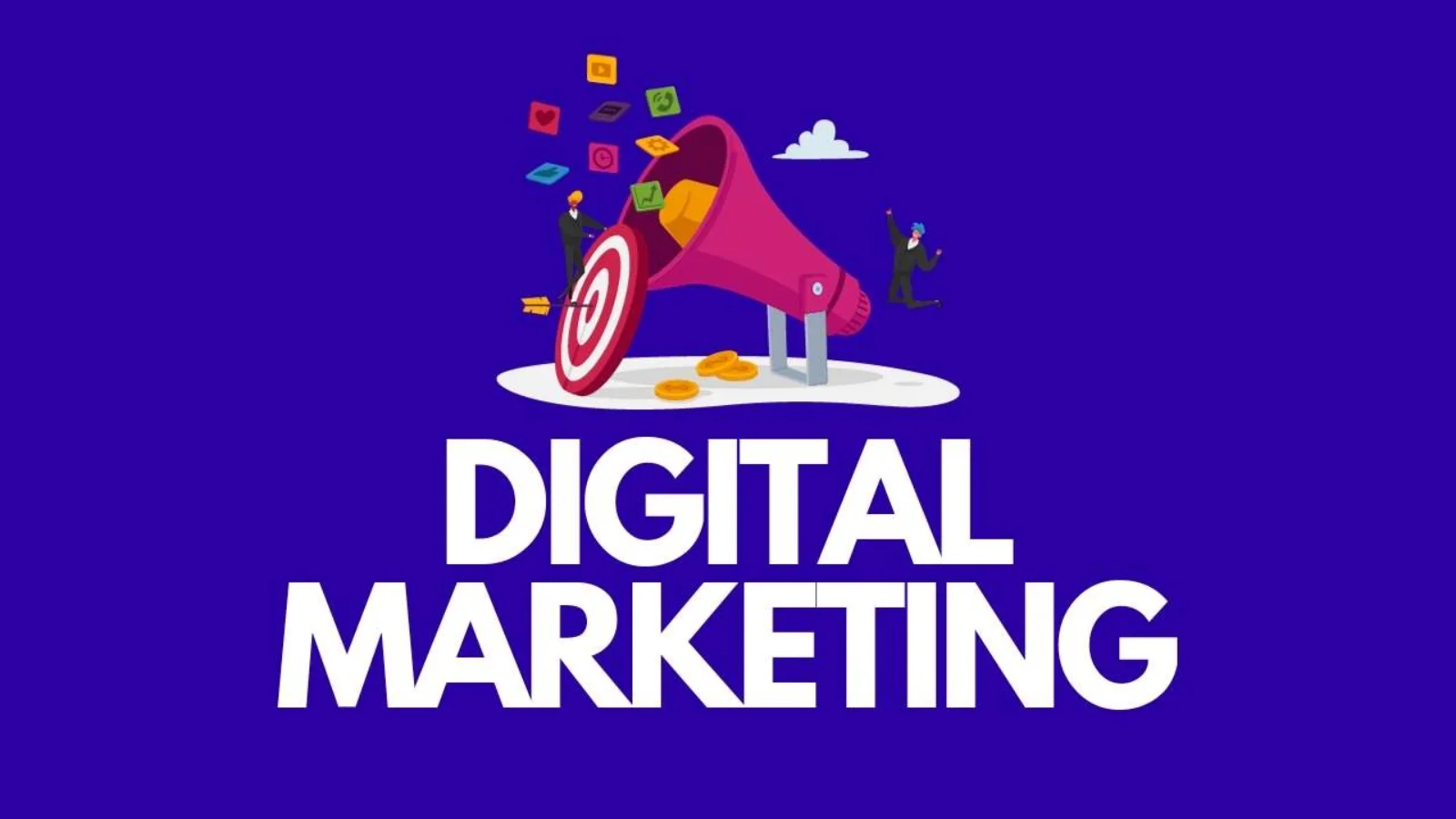Digital Marketing
Mastering the Modern Digital Marketing Agency Landscape

Introduction
In an era where attention spans are short and competition is global, brands can no longer rely on isolated tactics. They need a holistic partner that can guide strategy, execute campaigns, and translate analytics into growth. Enter the Digital Marketing Agency—a one-stop solution for businesses determined to thrive in the constantly shifting online arena.
Why Businesses Turn to Agencies
Running paid ads, maintaining social channels, writing SEO content, and optimizing funnels demand specialized knowledge. Hiring in-house experts for every task is financially daunting, especially for small and mid-sized firms. A top-tier agency offers:
- Multidisciplinary talent: Designers, copywriters, data scientists, and strategists under one roof.
- Scalable resources: Campaigns expand or contract without recruitment delays.
- Fresh perspective: External teams challenge assumptions and uncover hidden opportunities.
- Technology stack: Access to enterprise-grade tools and proprietary data that would be costly for a single brand.
These advantages free founders and marketing managers to focus on product innovation and customer experience.
Core Services You Should Expect
Not all agencies are equal, but market leaders generally excel in five pillars:
1. Search Engine Optimization (SEO)
Technical audits, keyword research, and authoritative content ensure sustainable organic visibility.
2. Pay-Per-Click Advertising (PPC)
Specialists manage Google, Bing, and paid social ads, continuously A/B-testing to maximize ROAS.
3. Social Media Management
Beyond posting, agencies build engaged communities, run influencer collaborations, and protect reputation.
4. Content Marketing
From white papers to Reels, strategists craft stories that educate, entertain, and convert.
5. Marketing Automation & Email
Using platforms like HubSpot, agencies segment audiences and trigger personalized workflows that turn one-time buyers into repeat customers.
How to Choose the Right Partner
Selecting an agency is as critical as hiring a C-suite executive. Evaluate candidates on:
- Industry Expertise – Case studies in your sector demonstrate a proven learning curve.
- Transparent Reporting – Real-time dashboards beat quarterly PDF summaries.
- Cultural Fit – Shared values foster smoother collaboration.
- Pricing Model – Retainer, performance-based, or hybrid? Choose what aligns with cash-flow realities.
- Knowledge Transfer – Great agencies upskill your team, ensuring self-reliance over time.
Request a strategy outline—not just a sales deck—to assess how deeply they understand your goals.
Key Performance Indicators That Matter
Impressions alone can mislead. Focus instead on:
- Customer Acquisition Cost (CAC) vs. Lifetime Value (LTV)
- Qualified Lead Volume instead of raw form fills
- Attributed Revenue across first-click and multi-touch models
- Engagement Depth such as average session duration
- Incremental Sales Lift in regions exposed to campaigns
A serious agency links every activity to business outcomes.
Emerging Trends Shaping Agencies in 2025
Digital marketing evolves at lightning speed; staying static invites obsolescence. Watch for these developments:
AI-Driven Personalization
Generative tools craft hyper-relevant creatives, while predictive models fine-tune ad spend.
Privacy-First Analytics
With third-party cookies fading, agencies deploy server-side tagging and consent platforms to capture compliant data.
Voice & Visual Search
Optimizing for spoken queries and image uploads opens new frontiers in e-commerce and local discovery.
Sustainable Marketing
Eco-conscious consumers favor carbon-neutral campaigns and ethical data practices.
Micro-Community Platforms
Niche forums and Web3 communities offer high-trust engagement through token-gated content.
Building a Collaborative Relationship
Success hinges on partnership dynamics:
- Set SMART Goals Together – Specific, measurable objectives keep everyone accountable.
- Hold Bi-Weekly Stand-Ups – Quick syncs surface roadblocks early.
- Share Real-Time Data – Open dashboards reduce guesswork.
- Encourage Creative Risk-Taking – Reserve budget for experimental channels.
- Celebrate Wins Publicly – Recognition boosts morale on both sides.
When trust and transparency abound, agencies function as true extensions of in-house teams.
Case Study Snapshot
Consider a direct-to-consumer skincare brand that partnered with an agency after plateauing at $200 K in monthly revenue. The agency began with a technical SEO overhaul, correcting schema markup, eliminating duplicate content, and trimming page load times from 4.2 to 1.8 seconds. Concurrently, the paid social team built look-alike audiences modelled on high-lifetime-value shoppers, while content strategists launched an email welcome series with personalized product education.
The coordinated approach delivered quick wins and sustainable gains: organic traffic doubled, paid CAC fell 28 %, average order value rose 15 %, and monthly revenue surpassed $350 K within six months. This illustrates how integrated expertise can unlock growth that siloed tactics leave on the table.
Conclusion
A modern business environment defined by rapid technological shifts demands agile, expert guidance. The right digital marketing agency doesn’t just manage campaigns—it orchestrates an ecosystem where data, creativity, and technology converge to drive compounding growth. By understanding available services, evaluating cultural fit, and aligning on meaningful KPIs, organizations can transform marketing from a cost center into a powerful revenue engine, positioning themselves for long-term success.
